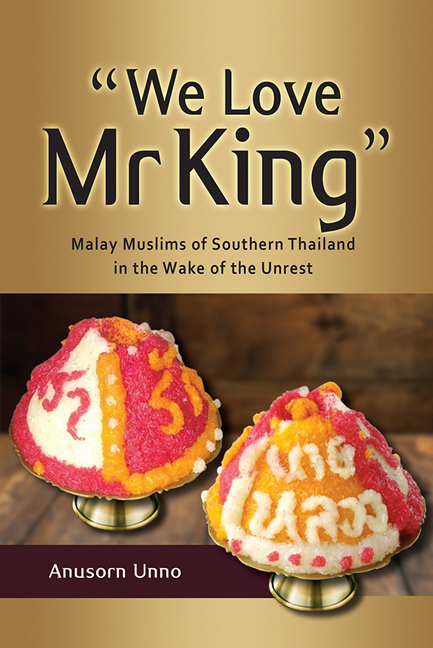Book contents
- Frontmatter
- Dedication
- Contents
- List of Tables and Figures
- Acknowledgements
- Main “Dramatis Personae”
- Introduction
- Chapter 1 Guba
- Chapter 2 Winds of Change
- Chapter 3 Subjectivities on the Rise
- Chapter 4 The Clashes
- Chapter 5 Living Lives with Multiple Subjectivities
- Chapter 6 Engaging with the Sovereigns
- Conclusion: Sovereignty in Crisis
- Bibliography
- Index
- About the Author
Chapter 4 - The Clashes
Published online by Cambridge University Press: 12 February 2019
- Frontmatter
- Dedication
- Contents
- List of Tables and Figures
- Acknowledgements
- Main “Dramatis Personae”
- Introduction
- Chapter 1 Guba
- Chapter 2 Winds of Change
- Chapter 3 Subjectivities on the Rise
- Chapter 4 The Clashes
- Chapter 5 Living Lives with Multiple Subjectivities
- Chapter 6 Engaging with the Sovereigns
- Conclusion: Sovereignty in Crisis
- Bibliography
- Index
- About the Author
Summary
In 1993, a leading scholar of international relations, Samuel Huntington, published an article, “The Clash of Civilizations?” in Foreign Affairs. He argues that, rather than ideological differences or economic competition, the fundamental source of conflict in the future would be differences among civilizations. The state as a source of identity is weakening, whereas religious and other cultural identities that make up civilizations will replace the state in primacy; cultural identity tends to be less mutable, less able to be compromised, than political or economic identities. Differences among civilizations strike at the core of human singularity and are increasingly evident, given that the world is becoming a smaller place. The clash of civilizations will dominate global politics in the twenty-first century, and the fault lines between civilizations will become the world's new battle lines. Huntington specifically points to conflicts between Islamic civilization and Western civilization to illustrate how the clash of civilizations will come to dominate global politics.
Huntington's thesis garnered broad attention. The general public and mass media were terrified by such speculation. Many scholars from various disciplines embraced the prophecy, pointing to the possibility of wars between different “civilizations”. However, some scholars, especially those working on Islam and Muslim politics, questioned Huntington's thesis. John Esposito (1999) maintains that the thesis overlooks the plural nature of Islam, the diverse political realities of the Muslim world, and its diverse relations with the West. He argues that disputes and civil wars have more to do with political and socio-economic grievances than with religion and that there are similarities and constructive connections between Islamic civilization and the Western world. Bassam Tibi (2001) contends that Islam as a civilization is composed of a variety of local cultures and, as such, to take Islam as monolithic vis-à-vis the West is misleading. He adds that Islam is both a religious faith and a cultural system but not a political ideology. It is not Islam or Islamic civilization but the politicization of Islam that is not only hostile to other civilizations but is also a threat even to Islam itself. The heterogeneity and “clash” within Islam are emphasized by Robert Hefner (2001; 2002), who points to struggles within Muslim societies, especially Indonesia, where the proponents of civil society and democracy have clashed with the supporters of an anti-pluralistic Islamic state in imagining the Muslim public.
- Type
- Chapter
- Information
- "We Love Mr King"malay Muslims of Southern Thailand in the Wake of the Unrest, pp. 162 - 189Publisher: ISEAS–Yusof Ishak InstitutePrint publication year: 2018



